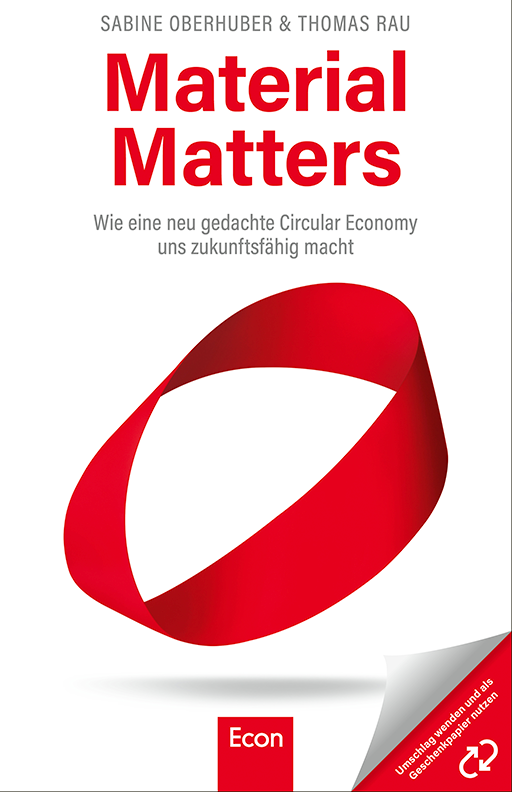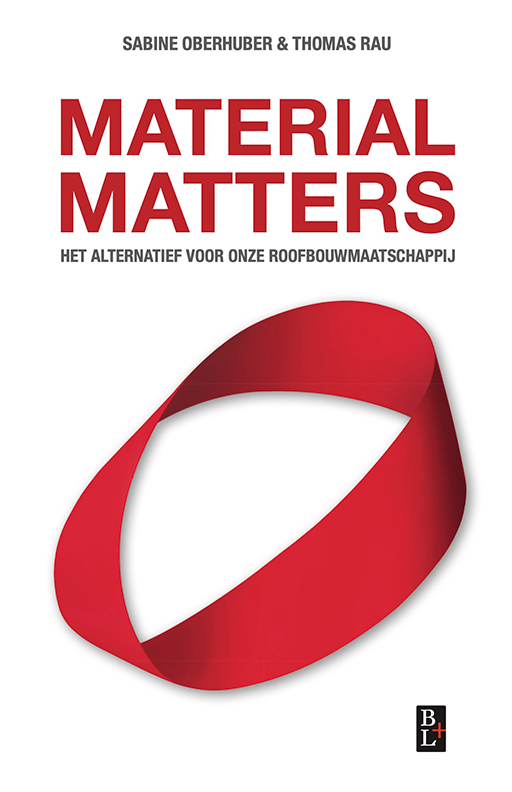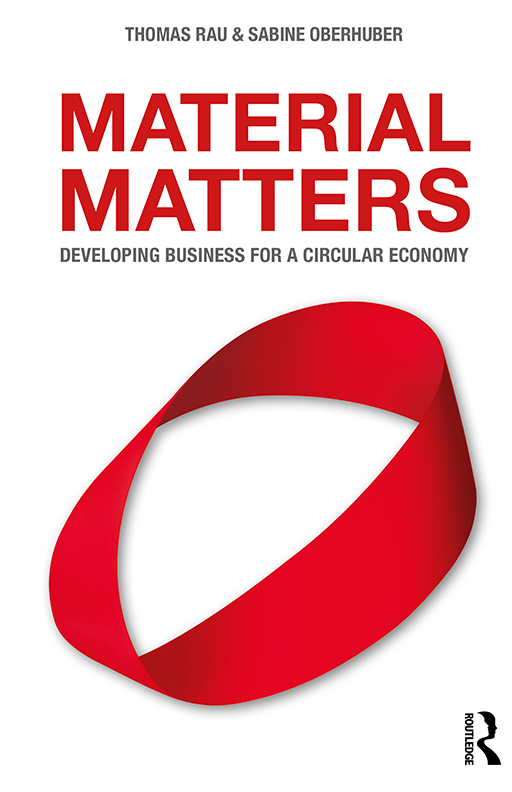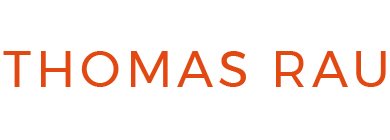Biography
Thomas Rau (1960) is an architect as well as the founder of Turntoo and RAU, two of the first organisations in the Netherlands with a focus on the circular economy.
Architect
Since 1992, RAU have played a leading role in the fields of environmentally aware construction and healthy indoor climates. The architectural firm has introduced various innovations and developed the first benchmarks with respect to carbon- and energy-neutral construction. Meanwhile, it has developed into the leading authority on energy-positive buildings and circular architecture.
In 2013, with RAU, Thomas built the first circular building that also serves as a resources depot. The same year, he was also named Dutch architect of the year and received the ARC13 Oeuvre Award. He received the Dutch Circular Hero Award in 2021 for his tireless pioneering work for a circular economy. The ULI Germany Leadership Award for Urban Innovation was awarded to him in 2022. Madaster Germany received the Deutscher Nachhaltigkeitspreis (cat. construction) in 2024.
In 2015, the first circular, energy-positive building was born – commissioned by Dutch grid company, Alliander. Thomas Rau showed with this project that circular and energy-positive redevelopment can also be conducted on a large scale; the 23,000 m2 building produces 1.5 million kWh, annually. The first circular and remountable office building worldwide came to life in 2019 – Triodos Bank headquarters in Zeist. It contains 165,312 screws that allow dismantling and rebuilding elsewhere.
RAU was selected for the design and construction of the Dutch pavilion for the World Expo 2025 in Osaka.
Rethinker
With Turntoo, Thomas has created some of the very first examples of circular economy concepts and business models, among which Light as a Service: a revenue model created in 2010, in collaboration with Philips. Along similar lines, he also developed a model for performance-based renting of washing machines, in collaboration with the Bosch manufacturing company.
In addition, Thomas also regularly contributes to the national and international debate on subjects of sustainability and circularity. He inspires people from a wide variety of industries all around the world, via numerous international publications, lectures, and radio and television interviews. In 2016, Thomas Rau ranked in second place on the ‘sustainable 100’ (Duurzame 100) list that is published, annually, by Dutch newspaper Trouw. Two years after that, he was number one on ABN AMRO’s sustainability list, the ABN AMRO Duurzame 50.
In 2015, Dutch VPRO broadcasting company invited Thomas to elaborate his ideas in their Tegenlicht series—one of the most respected and high-quality documentary series on Dutch television. This particular episode had one of the largest viewing audiences in the history of the show.
Material Matters & Madaster
Together with co-author Sabine Oberhuber, Thomas Rau published the book Material Matters, in which they talk about their philosophy in detail, for the first time. The book describes the proposed transition from the current linear economy to a new economic model—one in which consumers become users rather than owners; within which materials are awarded rights and waste will become a thing of the past.
The ideas in this book became the basis for Madaster, founded in 2017—an online registry of materials that contains information about where, and in what form, materials are present within a construction and for how long they are likely to stay preserved in that particular building. This makes Madaster an important practical step towards achieving the goal as formulated in Thomas and Sabine’s book, which is the complete elimination of waste, by registering the identity of materials. Madaster won the Digital Top 50 Award in the category ‘Tech for Social Impact’, designed by Google, McKinsey and Rocket Internet in 2018.
We cannot improve the world until we change the soul of our economic system
